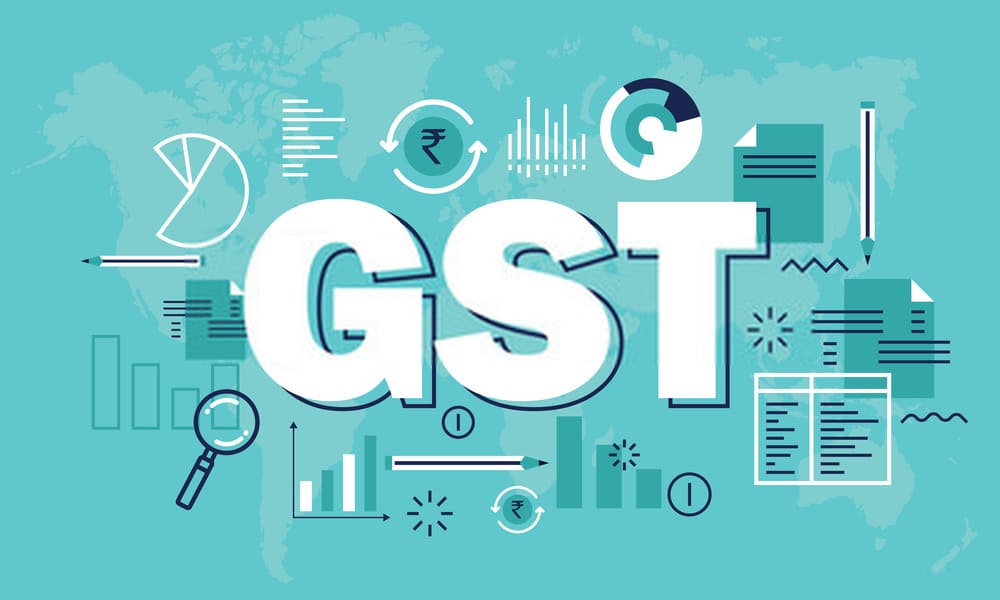Last six meeting of the GST Council have gone without conclusion on the core issue of dual control and cross empowerment. A Body of 31 Ministers and 81 Officers. Who controls whom? One question which is being discussed in the corridors of North-block is what happens if exclusive control of taxpayers upto 1.50 crore turnover is given to state officers for existing the VAT and Central Excise and Service tax assessee? Why is the Centre resisting the same? Surprisingly the GST Council did not take up this agenda in the last meeting held in 11th December 2016.
One wonders how the state and Centre bosses are trying to pitch the voice of their officers and whether there is some underling vested interest
On detailed analysis of the facts it appears that the facts and figures are different than those propagated.
There has been a threshold limit exemption, more popularly known as SSI exemption under the current Central Excise law and accordingly manufacturers having turnover below 150 lakhs are exempted from Duty. They have been under declaration scheme and also practically central excise officer have no role to play and are not permitted to visit those factories, except in a very rare circumstances, based on specific information or inputs. Infact no returns are furnished by them. This position is since more than a decade.
As regards services providers approximately 93 percent of the service providers are below 150 lakh turnover. In other words out of a presumably 11 lakh active service provides approximately 9.5 lakh are below 1.5 Crores turnover.
In GST regime when the threshold limit increase from 10 lakhs to 20 lakhs the total assesses base will drop from 11 lakhs to may be 7 lakhs only. Thus out of these seven lakhs approximately 1.5 lakh taxpayers will be having turnover of more than 150 lakhs.
Moreover a large number of traders or dealers or stockiest who were not under central officers will come under their administration. Currently only those dealers who are to pass on the Cenvat credit to their buyers are registered with the said department.
Under GST the proposed composition scheme of 50 lakhs, if allowed for services (at present it seems that they are not considering the same) then majority will opt for it out of the approximately 5.5 lakh remaining service tax payers.
The number will further drop by another 60 percent.
Thus it appears that the actual issue is fear of uncertainty of existing powers vested in the officers to control taxpayers rather than any logical reasons. The officers have a feeling that they will lose control over the trade and this loss of power seems to be the core issue. It is pertinent to note that GST is the Central Government’s main agenda and if they want to have a break through, the Centre will have to bow down rather than the States. GST cannot be scarified over class of egos and power lust.
